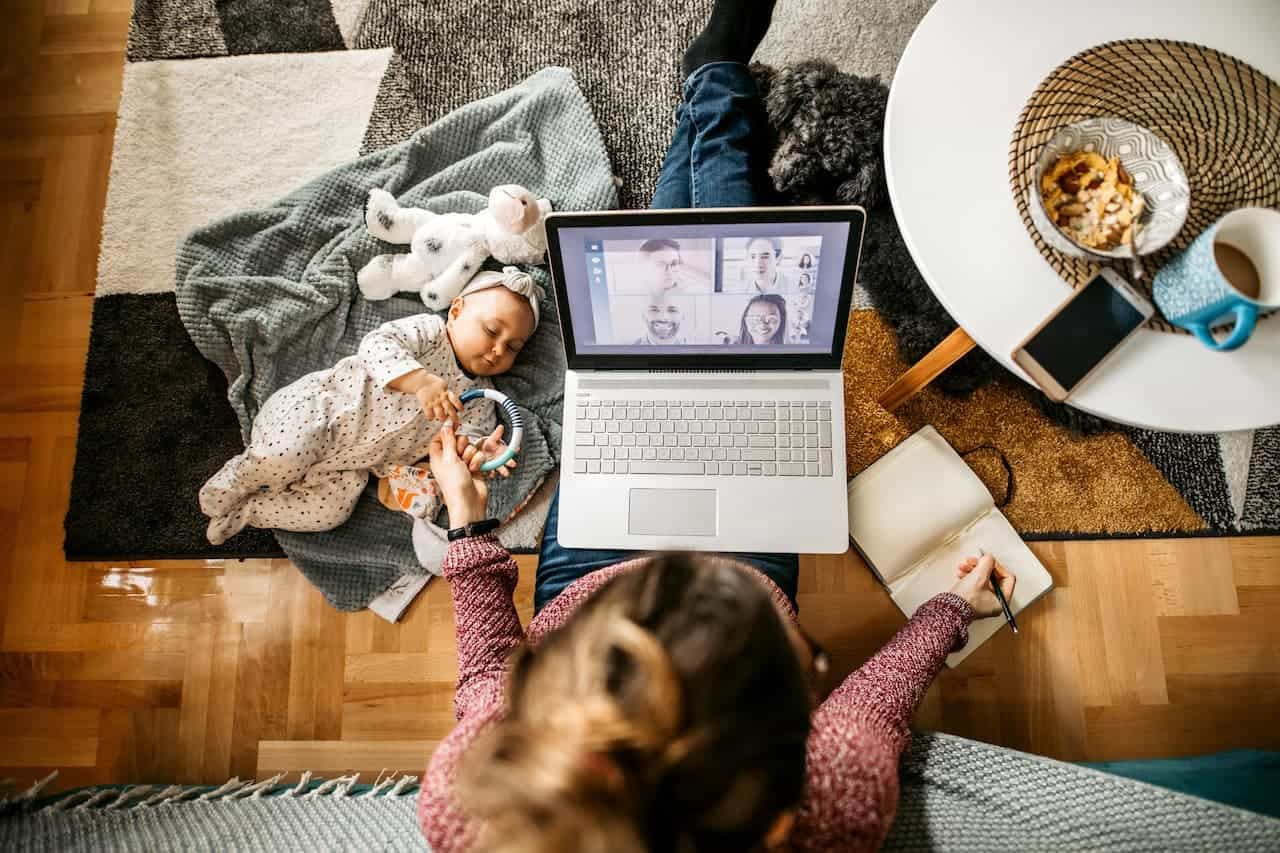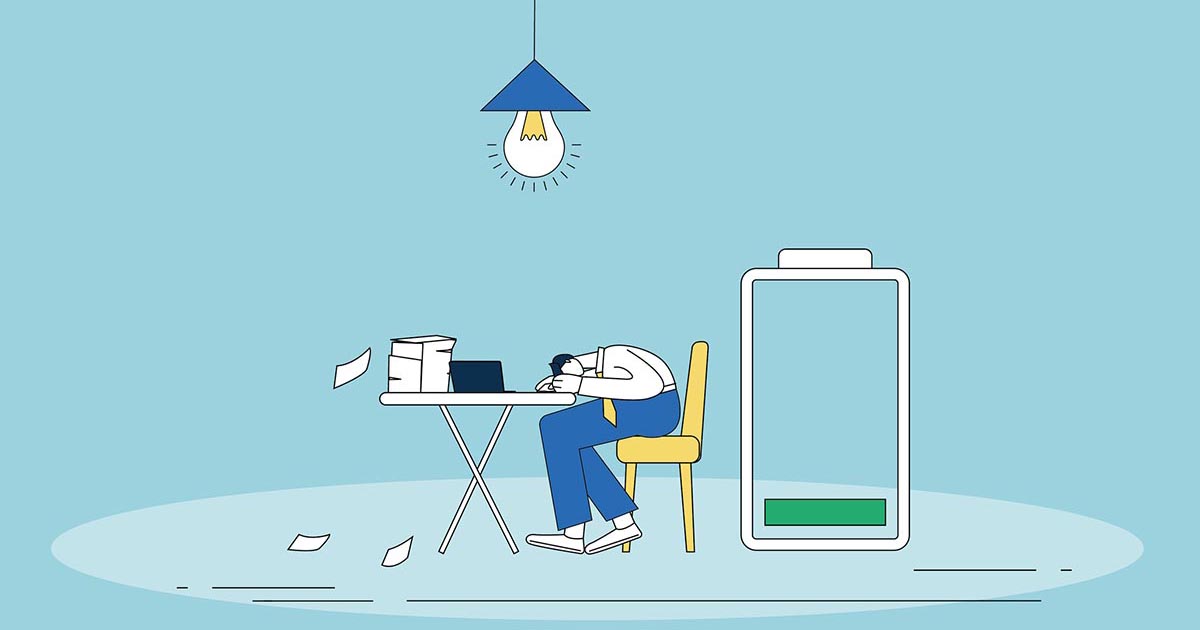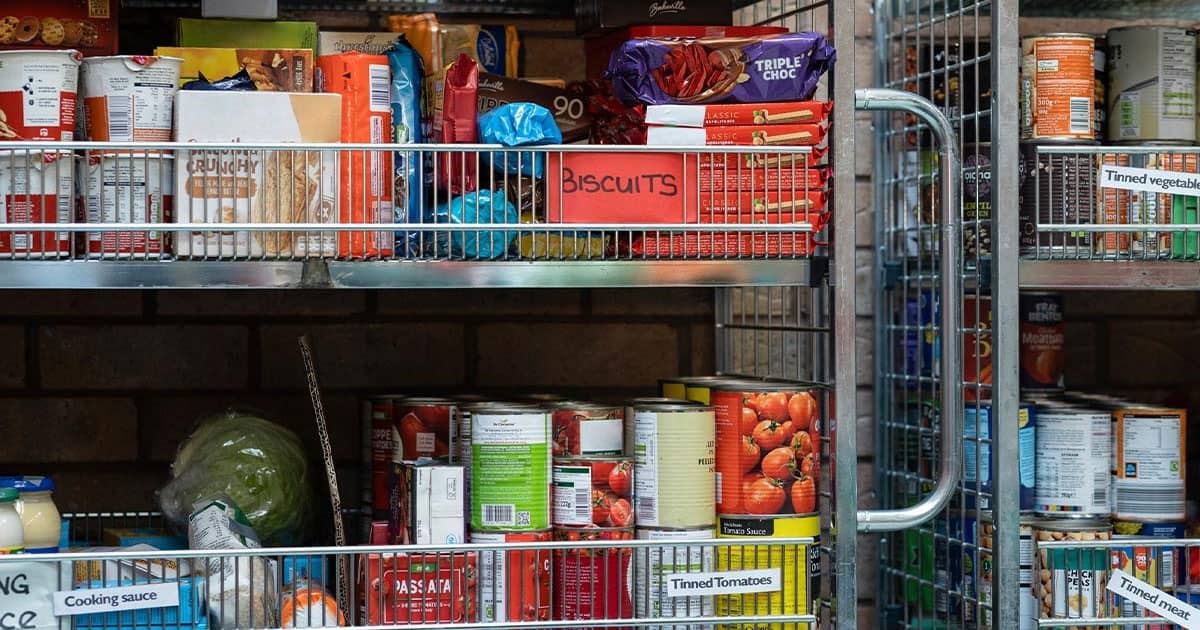Employee rights when returning to work post COVID-19
Whilst the news that most businesses can now reopen has been a weight lifted for business owners, many employees may feel daunted about returning after not being able to work for so long. They may be worried that their workplace isn’t safe, as new daily COVID-19 cases are still in the hundreds, and local lockdowns are being enforced around the country.
As a business owner, your team is a vital part of your daily operations, so what if your employees don’t want to come back to work? Take a look at some guidance from DAS Law on what you can do to help bring anxious team members back to the workplace.
Can an employee refuse to come back to work?
Whether or not an employee can legally refuse to return to work is dependent on their working situation.
As an employer, you have a duty of care to your staff, so if your employee feels as though you aren’t taking the correct steps to keep them safe in the workplace, then they may have grounds to refuse to come back to work.
If you have implemented reasonable steps, safety measures and carried out a thorough risk assessment, a member of staff may be able to refuse to return to work on medical grounds, meaning any absence outside of a medically excusable absence can be treated as unauthorised.
Some of the measures that you can put in place to keep your staff safe are:
- Supplying PPE for staff
- Handwashing facilities
- Using screens as physical barriers
- Floor markings and signage to promote social distancing
- New working arrangements to avoid face to face contact
What if an employee asks for safe transport?
Using a shared form of transport could cause anxiety for someone who has spent most of their time under lockdown, and then suddenly is forced to take public transport again, but as an employer, you are not obliged to pay for a safer form of transport, such as a private taxi.
You could suggest walking or cycling as a mode of transport, helping your team purchase a bicycle under the ride to work government scheme.
Can an employee remain furloughed?
Job furloughing, or the Coronavirus Job Retention Scheme was put in place so that jobs weren’t in jeopardy whilst businesses were closed due to the measures that the government had taken to stem the spread of the virus.
If a business has been able to reopen and bring back workers, the Job Retention scheme will no longer be available for an employee to continue to take time off work, and again, any absence due to a refusal to return to work may be classed as unauthorised.
Can an employee refuse to attend for medical reasons?
Those people with medical conditions, such as asthma, diabetes and other breathing or coronary issues, are more susceptible to the virus and its impact on the body. COVID-19 is also thought to pose issues with pregnancies.
If an employee has any of these conditions, they should first discuss this with you to see if the workplace is safe for them, and if not, discuss how you can make changes to ensure that they feel safe when returning to work.
If a member of your team is deemed as unfit to work by a GP, they may have grounds to not return as long as they have a sick note or a letter from the GP advising them to not return to work.
Can an employee return to work if they have recovered from COVID-19?
Thankfully, the majority of people who catch COVID-19 will recover given the right treatment and care and will be fine to return to work as long as they follow the right guidance from the NHS.
It isn’t known yet whether or not those who have already caught COVID-19 have built an immunity against the virus, so those who have already had COVID-19 should continue to adhere to government guidelines in regards to social distancing, PPE and isolating if symptoms do reappear.
Should an employee return to work if they are living or caring for someone who is shielding?
People who live with someone with an underlying medical condition that could be severely affected by COVID-19, such as asthma, diabetes or cancer, or an elderly person, will have been restricting their contact with others outside of their household to help prevent the person they live with from being affected by the virus.
If you have an employee who is shielding alongside someone that they live with, they may not feel as though it is safe to return to work, so make sure that you have a conversation with this member of your team to either assure them that the workplace is safe to return to. If they are absent from work without discussing these concerns and raising a formal grievance, their absence could be deemed as unauthorised. If your employee can work from home, they should continue to do so.
Can an employee start to work from home permanently?
The ability to work from home very much depends on whether or not they need to be on the business premises or not. For example, those working in the hospitality or retail sectors are highly unlikely to be able to work from home due to the nature of their work, but those whose work is not face-to-face may be able to effectively work from home.
As with previous queries, you should always speak to your employees about their concerns, and discuss how they might work from home if possible.
What if an employee starts to show symptoms when they return to work?
If any employee shows symptoms of COVID-19 whilst at work, they should be sent home immediately. Symptoms include:
- High temperature
- A new or continuous cough
- A loss or change to smell or taste
You will need to provide statutory sick pay (SSP) from day one if an employee needs to self-isolate due to COVID-19. An employee may also need to self-isolate if:
- They or someone they live with has COVID-19 symptoms
- They have come into contact with someone who has tested positive for COVID-19
- They are self-isolating at home due to having a condition that puts them at a high risk of severe infection, such as asthma, diabetes or other issues with breathing
- Whilst not necessary for SSP, you should encourage your employee to use the NHS Test and Trace service
Business insurance with Premierline
It’s important to make sure that you have the right insurance in place to protect the business that you have built. Following the lockdown, as you plan to re-open create a return to work action plan and consider reviewing your business insurance requirements with your insurance broker.
Every business is different and has its own business insurance needs, which is why we work with some of the UK’s most well-known insurers to make sure that you are getting the right insurance cover for your business.
To help you and your business during these unprecedented circumstances, Premierline has taken steps to ensure that we can continue to offer our award-winning service.
















